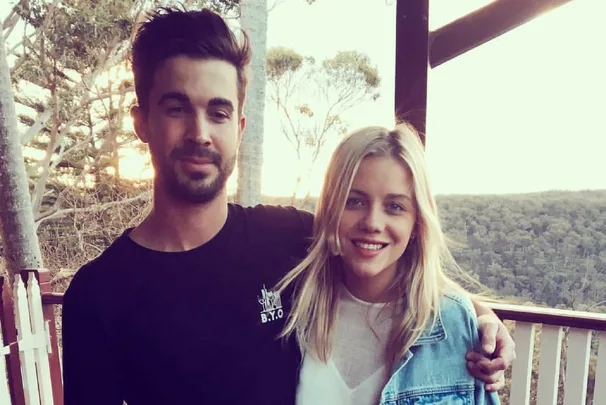It was Wednesday the 19th of October last year and Ellie Bayliss, a 27-year old producer, had spent an otherwise regular day at work. She had gone out for lunch with her work friends and was “super bubbly and chirpy” according to her colleague Thiago.
That afternoon Ellie mentioned to a friend that she felt “a bit nauseous” but there was nothing to suggest anything was seriously wrong.
She went to some meetings before leaving the office at 5.40pm.
Ellie dawdled to Redfern station and on the way texted her partner Jarred to let him know she had bought a lotto ticket: “just to give him the heads-up that I might become a millionaire”.
That didn’t eventuate but luck did strike.
Ellie was waiting for her express train on Platform 4 when she collapsed suddenly. She had a seizure and experienced a cardiac arrest. She spent the next four days in a coma and the next 6 weeks in hospital.
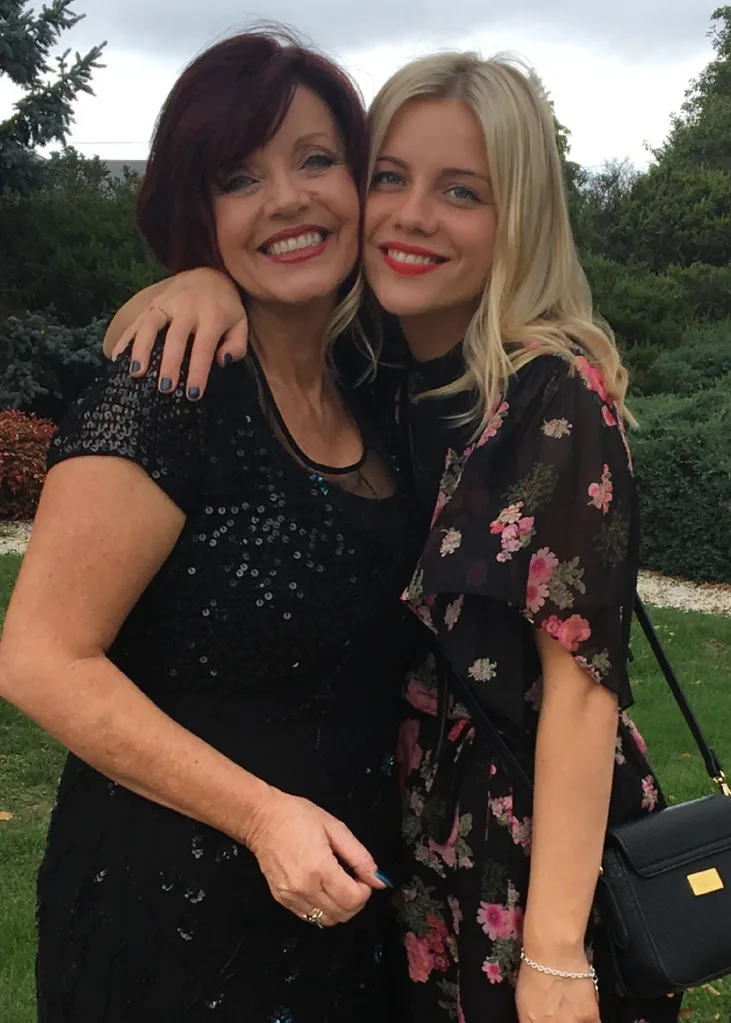
Ellie can’t actually remember any of the details from the Wednesday when her life dramatically changed its course.
She is recalling them from the accounts of her work colleagues and those who happened to be standing beside her on that fateful afternoon, three of whom saved her life.
“I had no pulse and I’m told my chance of survival was less than 9%. From there, for every minute without CPR, that chance reduces by 10%,” she explains of having a ‘VF arrest’.
Her heart hadn’t stopped completely but it was essentially quivering. It was still receiving nerve impulses from the brain but these impulses were firing so chaotically that the heart can’t actually produce a “beat”. If it can’t produce a beat, it can’t expel enough blood to keep the circulatory system flowing and brain cells begin to die after 4-6 minutes of oxygen deprivation.
Three men came together and kept Ellie alive. James – an on-duty paramedic for Redfern station who had just started his shift, Allen – an off-duty lifeguard and Eric – who, as it turned out, was Allen’s former colleague that he had not seen in 20-odd years.
According to Ellie’s hospital admission summary James, Allen and Eric performed CPR on her for between 4-7 minutes before the NSW Ambulance arrived and administered a shock with the defibrillator.
“That shock gave my nerve impulses a chance to resume their normal pattern and my heart was back online… but the battle was certainly not over. I was rushed to RPA hospital and placed in an induced coma.”
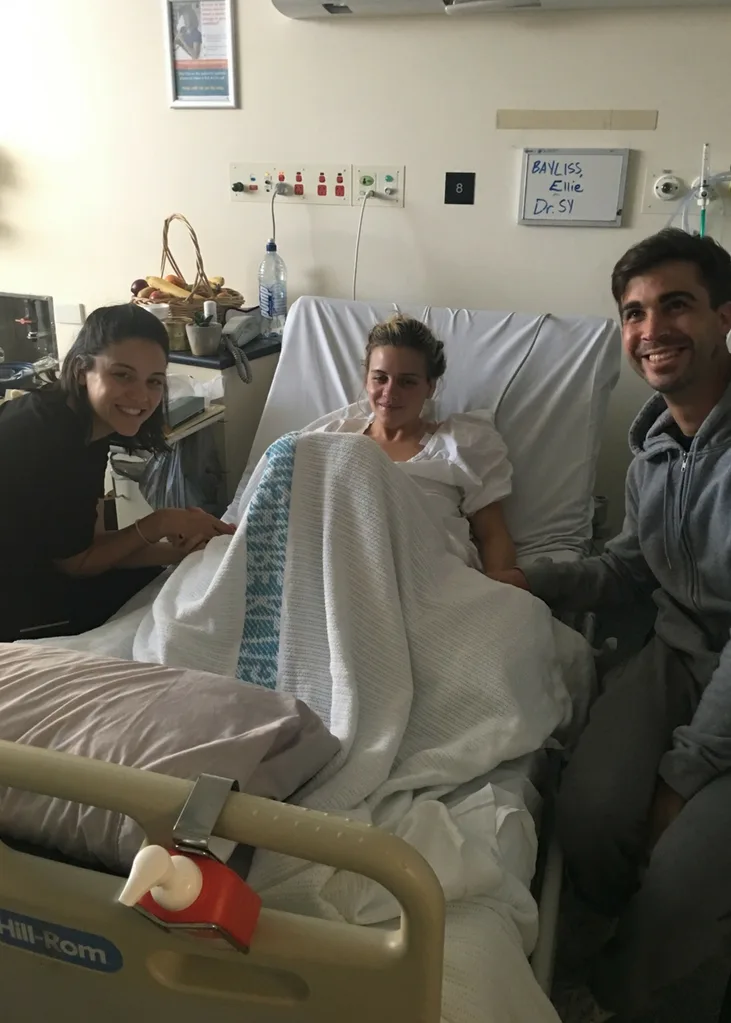
To describe Ellie Bayliss as a picture of health is an understatement. She is petite and fit with a broad smile and an obvious zeal. It is almost inexplicable to reconcile the fact this bubbly, young woman was a victim of heart disease. And yet, she is.
And the fact she lived to tell the tale is practically a medical miracle.
Back on the 19th of October, whether she would live, or what state she might live in, wasn’t clear.
Her parents were at home, cooking dinner, when their phone rang and they received the wretched news.
“It was constable Heather Craig from Redfern Police station and she was looking for “Elizabeth Bayliss’ next of kin”,” Bayliss explains.
They were informed she’d had a cardiac arrest and was in an ambulance enroute to RPA hospital.
Her parents were told to make their way to the hospital but they didn’t know what had happened or whether she was still alive.
They called the hospital every five minutes throughout the hour drive to RPA for updates. The uncertainty was hell, for them and for Ellie’s partner Jarred and her two sisters.
Jarred was up on the Sunshine Coast, where he and Ellie were in the middle of relocating to, when he got the call from Ellie’s parents. He got on the longest plane ride of his life.
“When they all arrived at the hospital, the doctors prepared them for the worst,” Ellie says. “I was in a critical condition, they couldn’t work out why this had happened and didn’t know if my brain was still functioning properly.”
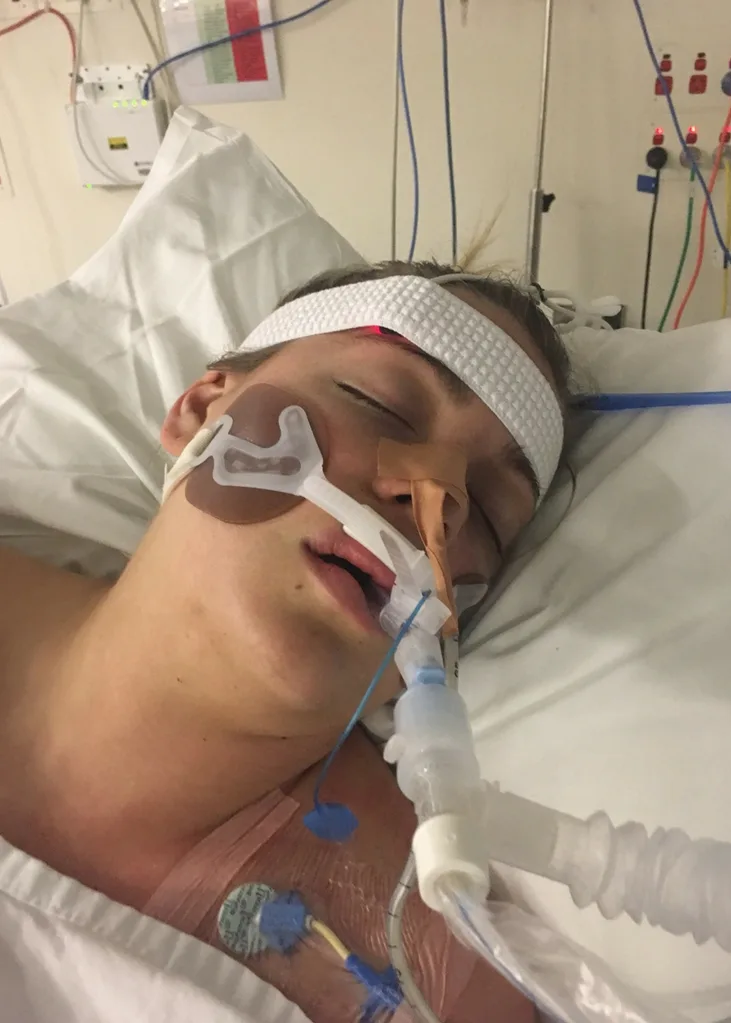
Her family took turns watching over her. “Jarred relieved Dad, Dad relieved Mum and so on. For three long nights they slept on the couches at the hospital and kept talking to me – telling me I was going to be OK.”
At around 1am on the third night Ellie’s mum said “I love you – do you know that?”
“I sort of did a nod,” Ellie says. “Then Dad asked me to squeeze his hands if I could hear him – I squeezed both of his hands and he said, at that point, he knew I was ok. The Drs said the fact I squeezed both hands was a really good sign.”
She became increasingly determined to wake up – and increasingly difficult to sedate. She attempted to pull her tubes out several times, she pointed to her heart and gestured to write something down.
After several more hours the medical team decided to slowly bring Ellie back to consciousness.
“My family came in and I was very emotional,” she says. “It was overwhelming to wake up with so many monitors and tubes. Everything was aching and my chest was really sore.”
Her family and medical team broke the news to Ellie slowly over the next few hours. She felt incredibly happy and grateful to be alive.
She spent another few days in intensive care before being moved to the cardiology unit.
On the 10th day she underwent an 8.5 hour ablation procedure to burn off two aberrant pathways out of four in her heart.
“I remember waking up and seeing this perfect little beat on my monitor after that,” she says. “I was crying with happiness. ‘I am back. I am normal!’”
But her arrhythmia returned so the next week she was fitted with a defibrillator – which she dubs her “personal ambulance”. The little pack was surgically inserted under her left arm and was initially incredibly painful. Now, she says it just feels like she’s sleeping on a remote control if she lies on her left side.
She contracted mild pneumonia and a hospital grade gastro bug called C-dif which meant she was isolated for 10 days. Any person that came into contact with her had to wear a full gown, gloves and a face mask.
Once that settled down, Ellie had several medical tests – MRI’s, PET scans, X-rays, ECG’s, stress tests.
She had some scarring on her heart, an arrhythmia and something called mitral valve prolapse. MVP is almost impossible to detect unless it is caught in the action.
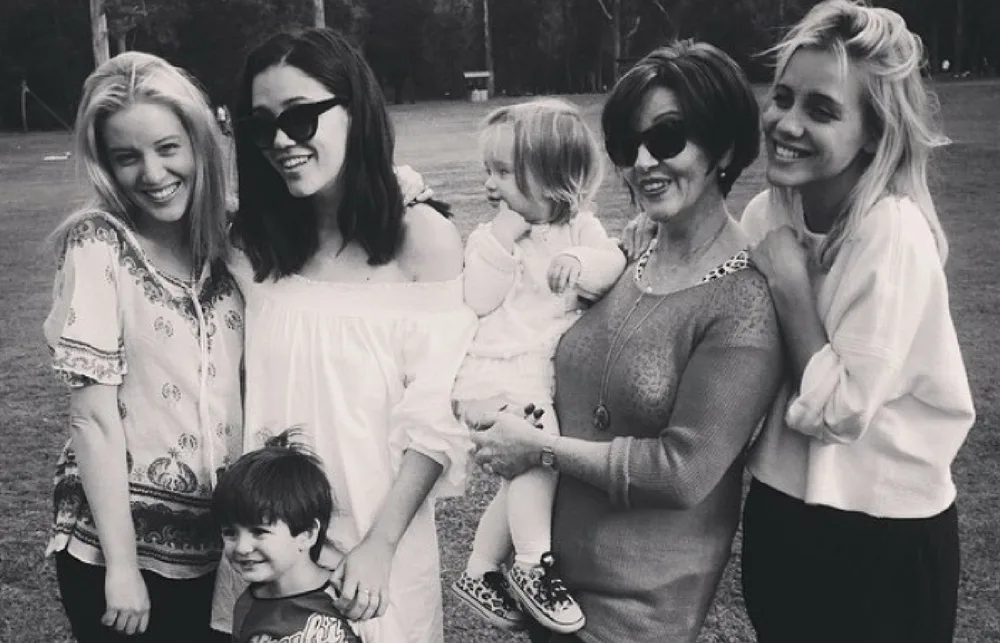
In hindsight there were some warning signs but they were hidden, easily mistaken for signs of mild anxiety.
Ellie had experienced heart palpitations for several years, occasionally felt unwell for no reason and had taken herself to hospital one night after feeling “very funny”, with a light head and a numb arm.
She was discharged from hospital on the 6th of November last year.
“It was really tough to be perfectly honest. I left hospital in a wheelchair and I could only walk to end of my driveway – if that,” she says.
Joining a cardiac rehab program at The San in Sydney was “the best decision I made”. It helped her overcome her nerves and to rebuild her confidence.
The 3 month program meant she was surrounded by a team of cardiac professionals, and patients who had experienced similar attacks. It took her from walking 3 minutes to 30 minutes.
The first time she went for a walk alone, after the attack, was extremely liberating. So too was getting her license back.
But there is still fear to navigate.
“Eventually I started catching the bus on my own again but I was so nervous. I would look around and think I wonder who knows CPR on this bus? How long til we stop? Who would help if something happened?” she says. “I felt drained and tired. I had crazy nightmares. I’d wake up and feel like something had happened. Mentally I go through ups and downs.”
Her family and friends have been an enormous source of strength and support.
Jarred and Ellie have put their plans to move on hold for now. He came back to Sydney and they are living with her family until they are ready to branch out on their own.
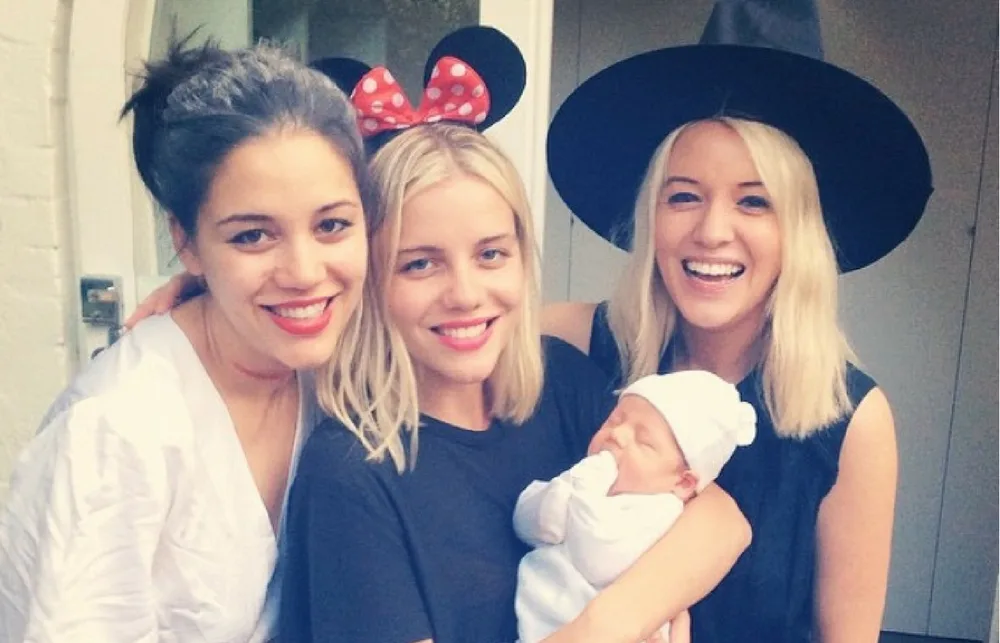
Her previous job was too physically and mentally demanding for Ellie to continue so she let that go. She is now doing some freelance work one or days a week.
One of her first questions to her cardiologist was whether she could have babies still.
“He suggested we focus on getting me better first and said we can think about that after a year.”
As soon as Ellie left hospital she began researching heart disease and she has a few messages she wants share.
“Heart disease is the number one killer for women in Australia and it doesn’t discriminate. It can – and does – happen to anyone.”
Heart disease kills three time as many women each year as breast cancer.
Ellie wants more Australians to get a heart health check and not ignore symptoms. “You know when something isn’t quite right so don’t let that go. Get checked,” Ellie says.
“Three men saved my life because they knew CPR. Do a course – you never know when it might save a life.”
And finally, knowledge is power, so get informed and support organisations that are researching heart disease and getting the word out.
“Know the atypical symptoms of heart disease – things like jaw pain and back ache are common among women and it isn’t widely known.”
For the month of June the Heart Foundation is running its annual campaign for women’s heart health called Making the Invisible Visible.
